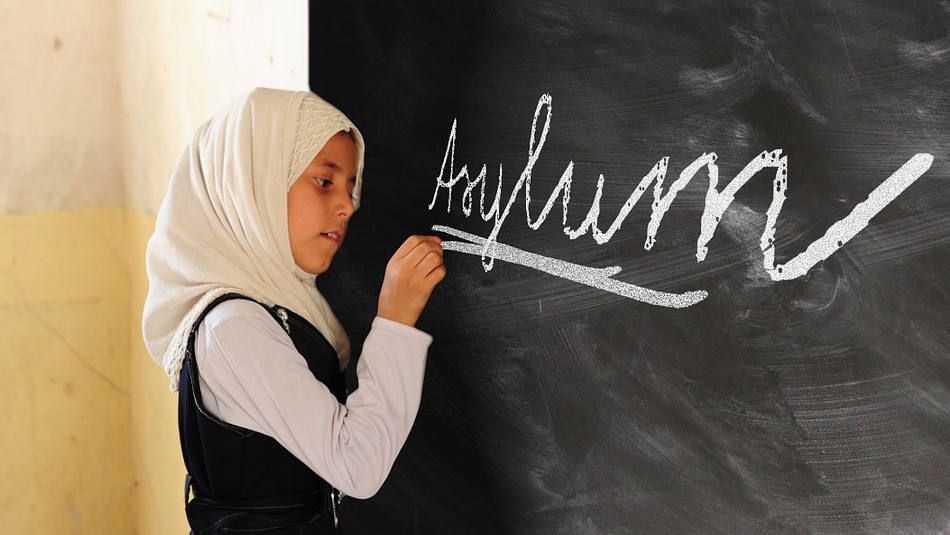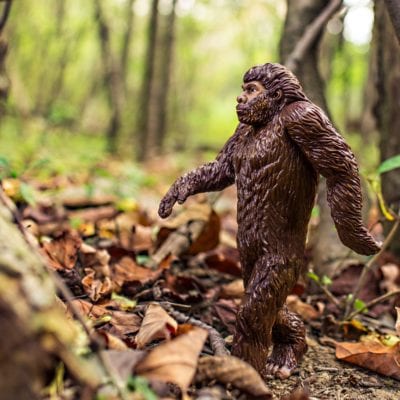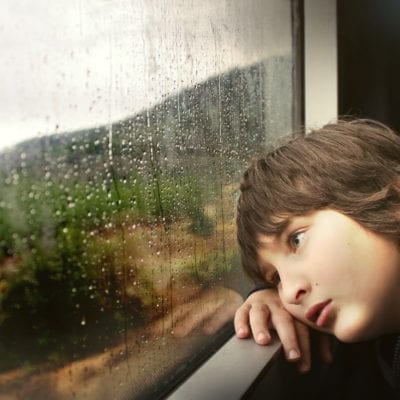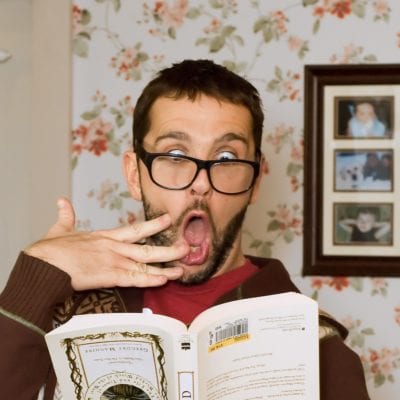‘Even so – I’m not giving up on you’
That was the headline of a Facebook post that caught my eye. I was not the first or the last to see this truly inspiring response to the tide of hatred and ignorance that had infected social media in the aftermath of the Paris bombings.
The author went to great lengths to explain exactly why he wasn’t giving up on friends who’d posted a petition on Facebook to ‘Stop the Immigration’.
I had a similar struggle recently – after the bodies of Aylan and Galib Kurdi washed up on Bodrum beach.
People I knew and liked posted articles by the Knights Templar suggesting that as the little boys were wearing shoes and T-shirts they were just greedy opportunists who’d drowned so their dad could get his teeth fixed for free in Canada.
I’m not sure what makes people so narrow and nasty. It’s worse, somehow, to discover those traits lurking in people you’ve chosen as friends. But the very fact that it is “friends” making such repulsive comments means you can’t just dismiss it as the rantings of racists.
When people you know and like post ‘Stop the Immigration’ petitions and statements demanding we close Britain’s borders you have to take the time to consider why you feel so very differently.
For me, I think, perhaps, it’s because I’ve been there and met some of those suffering for myself.
Working as a reporter for the British press in Turkey was all sunburn stories and boozed up Brits falling off balconies. But in the last few years I have, increasingly, been sent to the east of Turkey to look for misguided British youngsters intent on reaching Syria to join Islamic State.
Trying to track down these teens heading for a Jihadi Gap year killing Syrian kids has proved impossible – but I did meet some of the children they hoped to murder.
It was shortly after the battle for Kobani began last summer 2014. My Kurdish husband, Adnan, and I arrived in the Turkish town of Suruc. It was just a one-street town a few kilometres from the Syrian border but you could hardly see the street for the thousands of homeless and hungry child refugees who’d fled the war in Syria.
After 15 years on the News of the World I thought I was unshockable – but I was wrong. The sight of this sea of misery overwhelmed me. The ‘fugees’ ranged from babies and hoards of muddy toddlers to worried teens and cold and uncomfortable old women.
Virtually anyone over the age of 18, both men and women, had stayed to fight in Kobani.

We chatted to a group of children from the Narmuk School in Kobani, they were living in a council courtyard in Suruc, sleeping on the cobbled floor under a tarpaulin.
They were filthy and hungry but resilient enough – they all wanted to go back to school. Four-year-old Rojdan complained that it was cold at night and his friend Silva, five, said she missed her dad and brothers and chocolate.
Through my husband we asked for a show of hands from any children whose dads were still fighting in Kobani. One-by-one every grubby little hand was raised with pride
Plucky Dilvan, 13, had appointed herself head-of-the-urchins and noticing her straggly brood were a bit dejected, she whipped them all into a rousing chorus of the Kurdish national anthem. Turning their raised hands into the defiant Kurdish victory salute that sends fear into the hearts of the IS scum.
The kids, or ‘mudlings’ as we nicknamed them, were lovely. They were cold, hungry and frightened – but otherwise they were just kids – like my own. We scraped together all the cash we had and bought up what was left in the local market – dry biscuits and water – and shared them among the delighted and grateful youngsters.
Working was hard. Some of the images and accounts that I heard sickened me – none more so than photographic evidence that IS hack the heads off babies – their crime, to be Kurdish or the wrong kind of Muslim.
Seeing the distress etched on the sobbing face of a tot pinned to the floor with a blade to her throat has haunted me to this day.
Returning to my hotel that night I knew I had to try to do something. For the first time in my life I posted on Facebook about the children I’d met and their desperate plight. I asked friends of mine to put any money they could spare into my account and promised to spend it on the children – by the morning they’d sent me over £2,500 – bless them all for their generosity and restoring my faith in humanity.
Armed with the cash, Adnan and I did the best day’s shopping ever – loading our hire car with rice, lentils, cooking oil and gas bottle stoves. We bought shampoo, soap and conditioner and the entire stock from a market stall selling clothes. I kept some cash back and bought footballs, skipping ropes, chalk for hopscotch, colouring books and pencils and sweets.
Sharing the spoils with the children and families in the Suruc courtyard was bittersweet. It was fantastic to see the difference a dozen footballs made to a group of dejected boys who’d been playing with lumps of mud. Hopscotch, skipping and sweets delighted the children and filled the courtyard with laughter – for a moment they were just children again and I loved seeing them smile. But it wasn’t enough. Having met them, albeit briefly, they have stayed with me.
Since my return to the UK, I often find myself wondering about them.
The following weekend I was preparing a lazy Sunday breakfast with my kids. As I put a plate in front of my nine-year-old daughter, Amelie, she complained: “Do I have to eat the strawberries with my chocolate pancakes, Mum?”
“You have no idea how very lucky you are,” I insisted, like so many parents before me. But before I continued on my rant I realised that she really didn’t have any idea – and why should she? She’s never been hungry or homeless. That wasn’t her fault. But it was something I felt I could tackle. It’s what prompted me to write The Pomegranate Tree. It was in the hope that my children, our children, could hear for themselves the voices of their Syrian cousins – to understand a little what it’s like to walk a mile in their shoes.
I don’t imagine writing a book will change the world – but my aim was to spread a little understanding and empathy for the children I met and the many others like them. Part of the royalties from the book are going to the only children’s charity working out there on the frontline – Heyva Sor.
I hope you read it – just buying it will help those kids a bit. But more than that I hope you like them, Dilvan and Rehana and their friends that you meet in The Pomegranate Tree – and here’s hoping we can find a way to live together in peace.

(Note from the editor: Many thanks to our Guest Writer Vaness Altin, a wonderful journalist and author of ‘The Pomegranate Tree‘ – a moving story of the Syrian conflict through the eyes of a child. Click here to read our review of ‘The Pomegranate Tree‘ by The Duchess or purchase a copy. To read more about Vanessa you can check out her author page here. Or to donate and help towards the Syrian Children’s Charity Heyva Sor please click here)











